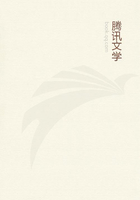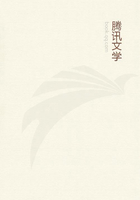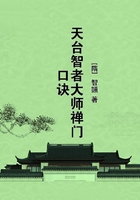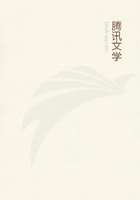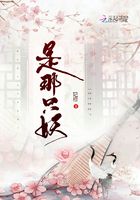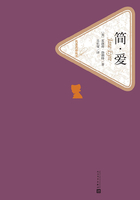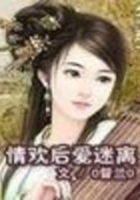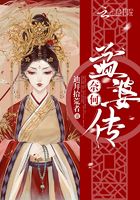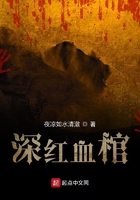Thus the man, misled by analogy, may have imagined that he could multiply his olive-trees by planting the olives; he may not have known but that the stones would germinate as in other such vegetables; till, after preparing the ground by a complete and fatiguing tillage, experience would teach him that his toil had been useless, for no olive-tree was produced by it. On the other hand, he may have secured his dwelling from wolves and bears; and the labour would be useful but unproductive; for its fruits cannot accumulate. If previously accustomed to civilized life, he may have passed many hours in playing on a flute, saved, we shall suppose, at his shipwreck; the labour would still be useful, and probably regarded as his own pleasure; but it would be as unproductive, and for a like reason, as before. He may have bestowed on the care of his person and health much time, very usefully employed; this will also be quite unproductive of wealth. The Solitary will clearly perceive what difference there is between productive labour and the labour of hours in which he amasses nothing for the future; and, without excluding himself from such occupations, he will call them a loss of time.
Whatever holds of the isolated man, with regard to creating and preserving wealth, is true also of society, - when labour, shared among numerous individuals, is recompensed by wages, while its fruits are distributed by exchange. For the society, as well as for the Solitary, there may be a useless as well as an unproductive kind of labour; and, though both of them be paid, they still preserve their distinct character, since the first corresponds not to the desires or wants of the labourer's employer, and the second admits no accumulation of its fruits.
The wage paid to the workmen in either case must not mislead us; it puts the payer of it in the workman's place. The part which we formerly supposed to be performed by a single individual, is now shared among two or more persons; but the result is not altered in the least. The day-labourer who plants olives performs a task which is useless to his employer, though, if he receives his hire, it may be advantageous to himself. The man who defends his master or society against bears or hostile enterprises; who takes charge of the health or the persons of others; who provides the enjoyment of music, or dramatic exhibition, or dancing, performs, just like the Solitary, a work which is useful because it is agreeable, which is lucrative to him because he receives a hire for his labour, whilst he abandons the enjoyment of it to his employers; but which is unproductive notwithstanding, because it cannot be the object of saving and accumulation. He who paid the wage, no longer has either the wage itself in his possession, or the thing for which he gave it.
Thus labour and economy - the true sources of wealth - exist for the Solitary as well as for the social man, and produce the same kind of advantage to both. The formation of society, however, and with it the introduction of commerce and exchange, were necessary both to augment the productive power of labour, by dividing it, and to afford a more precise aim to economy, by multiplying the enjoyments which wealth procures. Thus men, combined in society, produced more than if each had laboured separately; and they preserve better what they have produced, because they feel the value of it better.
Exchange first arose from superabundance: "Give me that article, which is of no service to you, and would be useful to me,,, said one of the contacting parties, "and I will give you this in return, which is of no service to me, and would be useful to you." Present utility was not, however, the sole measure of things exchanged. Each estimated for himself the selling price, or the trouble and time bestowed in the production of his own commodity, and compared it with the buying price, or the trouble and time necessary for procuring the required commodity by his own efforts; and no exchange could take place till the two contacting parties, on calculating the matter, had each discovered that it was better thus to procure the commodity wanted than to make it for himself. This accidental advantage soon pointed out to both a constant source of advantage in trading, whenever the one offered an article which he excelled in making, for an article which the other excelled in making; for each excelled in what he made often, each was unskillful and slow at what he made but seldom. Now, the more exclusively they devoted themselves to one kind of work, the more dexterity did they acquire in it, the more effectually did they succeed in rendering it easy and expeditious. This observation produced the division of trades; the husbandman quickly perceived, that he could not make as many agricultural tools by himself, in a month, as the blacksmith would make for him in a day.
The same principle which at first separated the trades of the husbandman, shepherd, smith, and weaver, continued to separate those trades into an indefinite number of departments. Each felt that, by simplifying the operation committed to him, he would perform it in a manner still more speedy and perfect. The weaver renounced the business of spinning and dyeing; the spinning of hemp, cotton, wool, and silk, became each separate employment; weavers were still farther subdivided, according to the fabric and the destination of their stuffs; and at every subdivision, each workman, directing his attention to a single object, experienced an increase in his productive powers. In the interior of each manufactory, this division was again repeated, and still with the same success. Twenty workmen all laboured at the same thing, but each made it undergo a different operation: and the twenty workmen found that they had accomplished twenty times as much work as when each had laboured separately.

